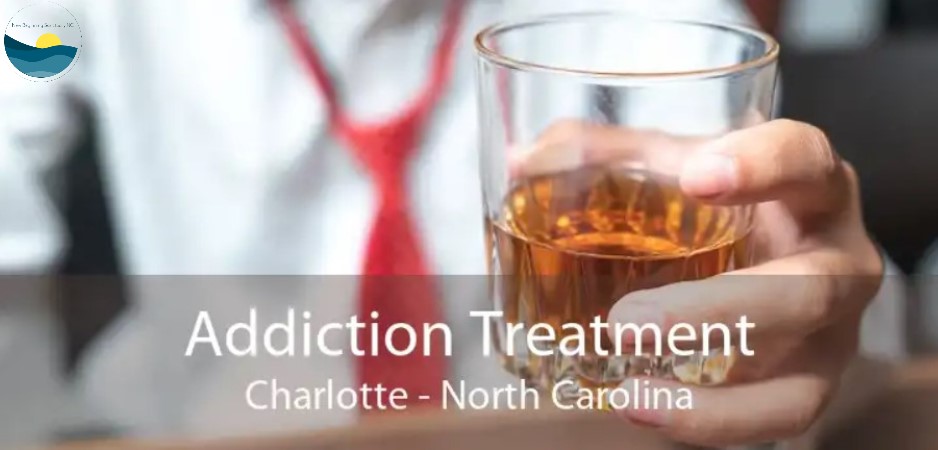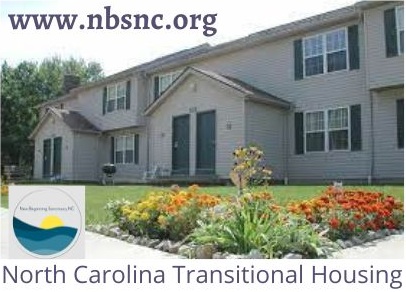What Are Sober Living Homes? What Are Its Types?
Sober Living Home in North Carolina, more typically called sober homes and more rarely sober living settings, are facilities used by people recovering from substance abuse and serve as an interim setting between rehab and mainstream society. Sober living apartments are utilized to help people grow from active addiction and recovery to living back in the community. The growth from a favorably structured setting to independence can be difficult, so a sober living home can bridge the void and provide structure while letting a person attain independence. A study performed by the Journal of Substance Treatment in 2010 indicated that residents of sober living homes made modifications in various areas. In addition, it contained the Brief Symptom Inventory (BSI), Addiction Severity Index (ASI), and measures of drug and alcohol use.
What Are The Types Of Sober Living?
Traditional Sober Living
This type of sober living program for women in North Carolina is a place to proceed with recovery from addiction. The atmosphere is structured and delivers recovery support assistance. This type of atmosphere allows greater independence than the high-responsibility version but still provides some system and aid daily.
Inhabitants are anticipated to work or attend school and participate in house discussions and weekly meetings. They are also subject to normal drug and alcohol tests to ensure that they are determined to achieve long-term sobriety.
High Accountability Sober Living
This type of non profit drug addiction treatment organization in North Carolina is much stricter and usually a significant step after residential treatment. High-responsibility sober living delivers a much higher system level, with a daily plan and activities stimulated by staff. A high accountability atmosphere is often the best choice for someone with multiple treatment episodes observed by relapse.
What is expected of somebody who enters a sober living home?
No violence, drugs, alcohol, or overnight guests
Random drug and alcohol tests
Active participation in recovery meetings
Involvement in either school, work, or an outpatient program
What are the expected outcomes of living in a sober living residence?
When correlated with a 12-step program sober living home in North Carolina shows much higher tiers of sustained recovery. But, again, the responsibility and support network enable it, as it is much more difficult for an addicted person to keep sober on their own without any additional support.
The best outcomes are when an addicted person has transitioned from a legal alcohol or drug rehabilitation program to sober living. The addicted person then has a follow on aid to ensure they can live in long-term sobriety.





Comments
Post a Comment